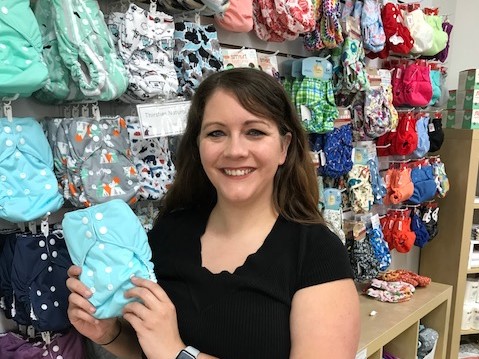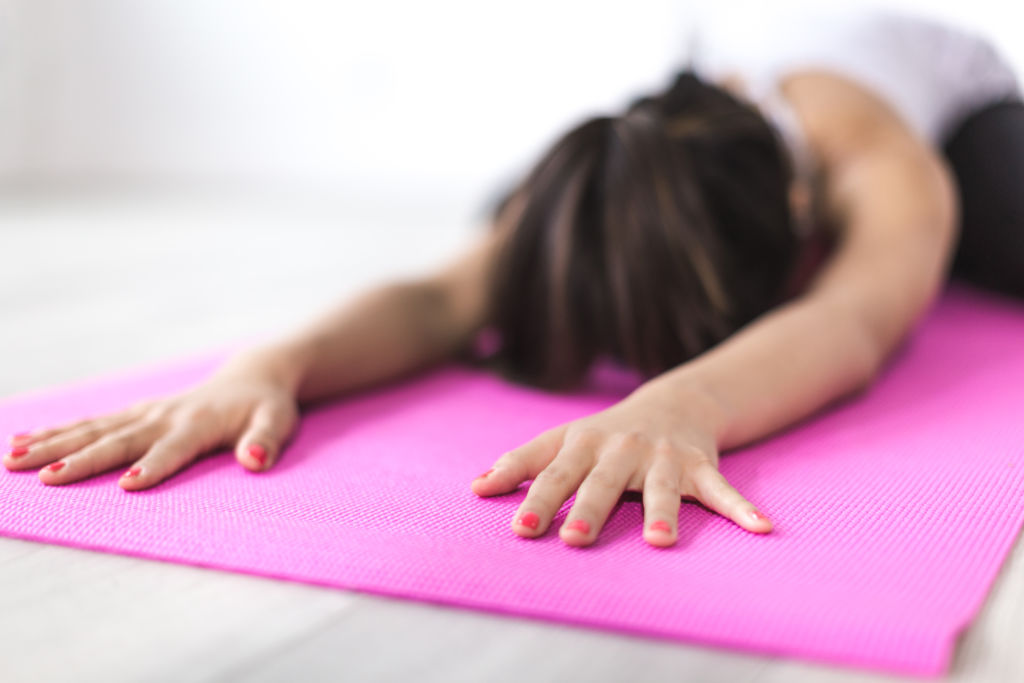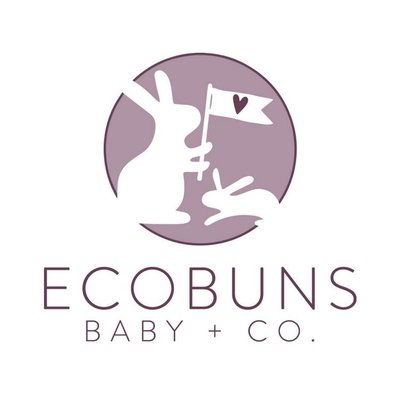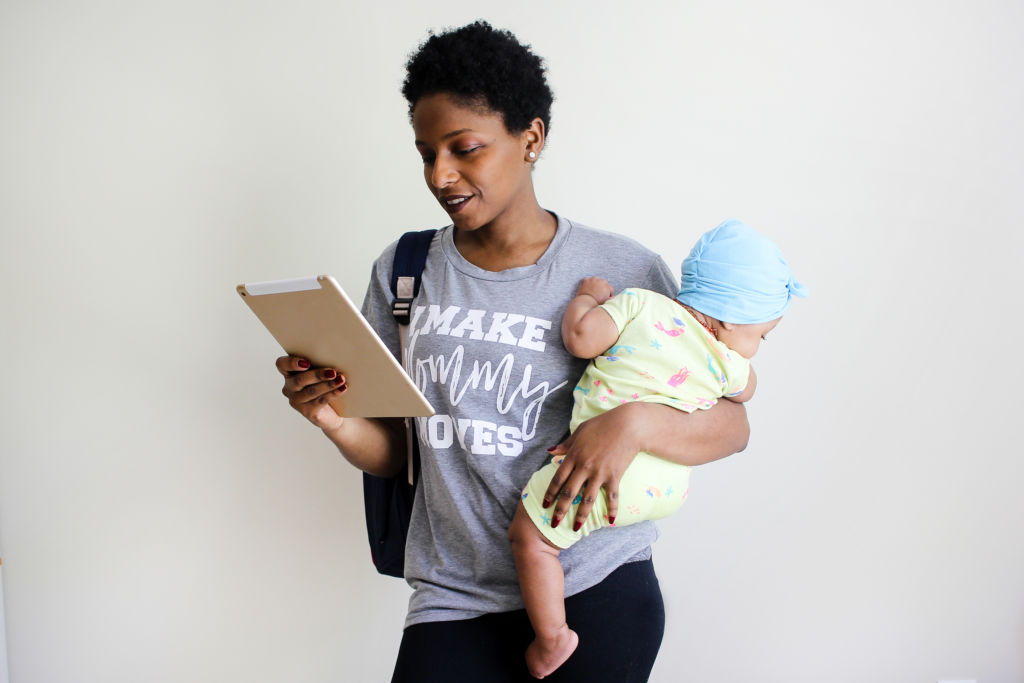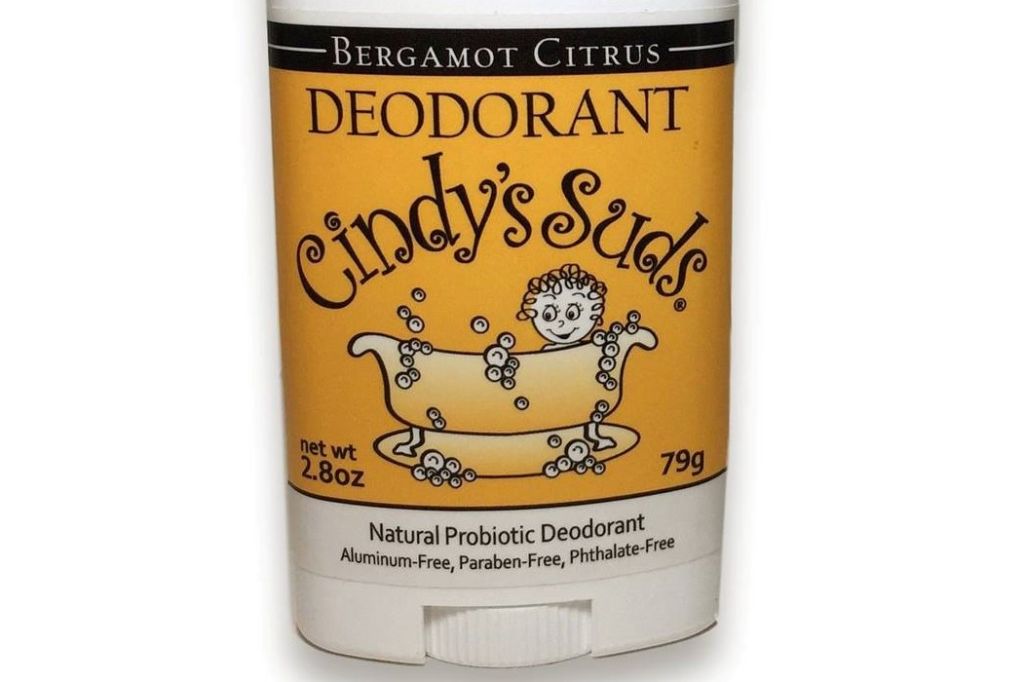Podcast Episode #26: EcoBuns Cloth Diapering
On this episode of Ask the Doulas, Marissa, owner of EcoBuns Baby + Co in Holland, Michigan dispels all the myths about cloth diapering that we’ve heard. Learn how easy and economical they can be for your family! You can listen to the full podcast on iTunes or Soundcloud.
Alyssa: Hi, welcome to Ask the Doulas podcast with Gold Coast Doulas. I am Alyssa Veneklase, co-owner and postpartum doula. Today we’re talking to Marissa with EcoBuns Baby & Company again. Last time we talked about her baby registry, and you mentioned cloth diapering and that the store actually started out as a cloth diapering store. So I would like to hone in on cloth diapers today because I know there’s a lot of misconceptions and a lot of weird ideas. In a lot of my classes, my newborn class and with a lot of the postpartum clients that I support, there’s the ick factor; there’s, “Isn’t it so expensive?” And I know you have a couple other things that you get asked a lot about it. Let’s talk about some of those and dispel some myths.
Marissa: Yes, are you ready? Because I could talk about this all day long!
Alyssa: Yes! You have about 15 minutes.
Marissa: Okay, I think we can condense it down. So the first thing that you asked about is the ick factor of things, right? That’s the first thing that people are like, oh my goodness, how am I going to cloth diaper? We get asked that a lot by first-time parents, and I’m really sorry to say, first-time parents, you’re going to be dealing with ick with a new baby. I don’t have a magic pill that makes Baby stop pooping.
Alyssa: Right, whether it’s poop, pee, or puke, there’s always something coming.
Marissa: There’s always something, yep, and I always say, oh, did you ever think when you were planning about future children that you’d ever have to sit down and have a conversation about choices of diapering? You know, and so we always tell new parents – because that’s one of the biggest things is parents will say, I don’t want poop in my washing machine. And what I say to them is, you’re going to have poop in your washing machine, whether it’s on the baby’s clothes because they’ve exploded out the sides of the disposable diaper, or inside of a cloth diaper. Now, that being said, we don’t put actual baby poop that maybe people think of inside of the washing machine. We do want to get rid of that before it goes into the washing machine, and there’s a couple ways. We have liners; we have sprayers; there’s not the dunk and swish method that my mom and dad used. There’s not a bucket of bleach water that my mom and dad, back in the ‘80s, soaked cloth diapers in. Disposable liners are a really popular pick for parents who don’t want to deal with an ick factor. You lay it on the diaper before you put the diaper on the baby. When Baby poops, you can take that liner off and just dispose of the liner and wash the diaper. So it makes it super convenient for any parent to do.
Alyssa: So I’ve never seen the disposable liner. Is it – obviously, biodegradable? Better than a disposable diaper?
Marissa: Biodegradable, yeah, absolutely. It almost looks like a dryer sheet. It’s very, very thin; if you hold it up, it’s very porous. So all urine will go through it, but any solid waste is going to stay.
Alyssa: So for a newborn baby, it’s not really –
Marissa: Newborns, not even an issue.
Alyssa: But once they’re older and eating solids?
Marissa: Yeah, so usually the solid food transition is when people will gravitate towards the liners because – I always say that everyone wants you to feed your baby, but nobody talks about what the diaper changes are like after you start feeding your baby solid foods.
Alyssa: It’s instantaneous, too.
Marissa: Oh, my goodness. First bite of food, and your life is completely changed. So yeah, that’s a big factor. The other thing that a lot of people come in to talk about is the cost factor of it. You know, there is an upfront cost with cloth diapers, but what we look at is, people don’t necessarily realize how much disposable diapers cost because they’re spreading it out over time. Your average Pampers are costing you around 28 to 30 cents per diaper change. You’re going through 7,000 to 9,000 diaper changes from birth to potty training, so that can cost an average family upwards of $2,000. If you’re using something like Bambo Nature or Honest Company, you’re going to spending closer to $4,200 from birth to potty training. Cloth diapers, even if you’re going with the most expensive, all-organic, easiest-to-use solutions, you’re still probably looking at $1,800 to $2,000, but you can reuse them on future children. And there are options that make it that you can go from birth to potty training for $150. So it’s really where you want to be at. The other cool thing with cloth diapering is it’s not an all or nothing thing. You don’t have to come into EcoBuns and say, “Okay, Marissa. I’m doing cloth diapers 100% of the time.” We have so many families who come in and say, you know, when Grandma’s watching the baby, we’re going to do disposable diapers, or we travel a lot; we’re going to do disposable diapers when we travel. It’s not an all or nothing kind of thing. But the average family does save about $2,000 over the lifetime of their diapers. What we say with cloth diapers is that if you use the cloth diaper for three months, you’ve broken even on the cost of it.
Alyssa: Wow.
Marissa: So huge cost savings there. My eye doctor out at Complete Eye Health in Holland – he told me that he and his wife cloth diapered, and every week when they would have bought disposable diapers, they took those funds that they would have spent on disposable diapers and put it into a savings account. At the end of their cloth diapering journey, they had enough money in their savings account to buy a brand-new high-efficiency washing machine and dryer; they had saved that much money. So that’s huge.
Alyssa: That’s amazing.
Marissa: Yeah. The other big thing that we talk about, too, is daycare because a lot of families will come in, and they’re like, we can’t cloth diaper because of daycare.
Alyssa: That’s something I’ve never even thought of, but yeah, I can see where it’s a valid concern.
Marissa: But in 2014, Michigan changed their daycare regulations, and if they’re a state-licensed daycare, they have to allow cloth diapers. They can’t turn a child away because the parent is providing cloth diapers. Now, there is a rule – there’s actually two rules inside of that. One is that the daycare can’t reuse a portion of the diaper until after it’s been cleaned. To kind of break that down, there’s a lot of different styles of cloth diapers. Some of them have a reusable cover option. Daycare can’t reuse a cover. They have to put on a new cover every time. And then the other rule is that it has to go into a double-layer bag, which our wet bags that families use for dirty diaper storage count as a double-layer bag, so they meet the criteria for the Michigan state regulations.
Alyssa: So you just have to send the double-layer bag and extra covers, and they just throw them in there?
Marissa: Yep, throw them in there. You can wash them at home, and then the daycare’s changing the diapers; all you have to do is wash them. That makes it so easy! And so many daycares – especially when you bring in an all-in-one diaper, which is a cloth diaper that looks almost exactly like a disposable diaper; it has the waterproof piece and the absorbent piece all sewn together. You bring that into them, and they’re like, oh, this is what a cloth diaper is like? There’s no pins; there’s no rubber pants. And then they’re definitely more open to the suggestion of cloth diapers.
Alyssa: So there are a lot of different options, and you could even, like you said, if you do want to go cloth 100%, have these all-in-ones for daycare, for Grandpa and Grandma, and then have the other ones with all the different inserts and stuff at home.
Marissa: What I always tell people is that families who have the most success with cloth diapers usually have three different brands or styles. Moms usually like one; dads like a different one; grandparents like another one. Or maybe you love the print of this one, so you have to have it. And that’s the other thing I tell our parents of newborns is that even if you’re not cloth diapering in the newborn stage, pick up some for newborn pictures because it just makes such a big difference in how the newborn pictures look if they’re in a cloth diaper vs. the disposable diaper.
Alyssa: Not something that says Pampers on it with a yellow line down the middle.
Marissa: Right, yeah, you can get dinosaurs or unicorns or sunflowers!
Alyssa: Awesome! So tell us one more myth you’d like to dispel about cloth.
Marissa: Yeah, I would say probably a convenience factor is definitely the biggest thing. I cloth-diapered both of my kids. When Olivia, my second child, came out a girl, I was super excited. I was like, get the purple diaper because we’ve been Team Blue for the last two years. And I was able to cloth diaper her from birth to potty training, and I never put a disposable diaper on her. And so it’s totally possible to do. At the time that Olivia was born, I was a single mom, and so I had two kids under the age of three in diapers. And it made my life so much easier because I never had a 2am run to Meijer for more diapers. I was able to cut back on my trash because I didn’t have so many disposable diapers going out into the trash. I was able to just have my still every-other-week pickup so I saved money that way. I never had to drag toddlers into the store to go grab more diapers. If I ran out of diapers, I just washed them. You know, it was really convenient. Kind of what we talk about is that you’re going to be changing diapers regardless, and then is it, are you going to have to take the diaper to the garbage or take the diaper to the hamper to wash it? So the amount of time that goes into it isn’t a huge difference. We do offer a class at the store, and we do virtual classes, as well. We’ve had some of our customers deployed overseas, and so we’ll do a Google hangout for our customers like that. We go over all the different styles, all the different options, and then we cover, you know, a lot of the reasons why people come in to talk about cloth diapers. I think one of the biggest reasons that always surprises people is that we don’t know how long it takes for a disposable diaper to decompose. Our best guess is somewhere between 250 and 500 years.
Alyssa: Good grief.
Marissa: Yeah, so the disposable diapers being used today are still going to be around when our great-great-great-great-grandchildren are alive. So a lot of parents will come in, and they’re like, oh, you know, we had this wonderful birth experience; we had all these plans that we wanted for our children, and now we find out how awful, how many chemicals are in disposable diapers; how long it takes for these disposable diapers to decompose. And sometimes that’s the real reason that people come in to talk about cloth diapers with us. And so that’s kind of a neat thing to see so many people interested in leaving things better for future generations.
Alyssa: Absolutely. So do you have two different types of classes? You have a class telling people about cloth diapers and what to buy, and then one, once they do buy, the $25 one you talked about last time, where you come in and actually learn?
Marissa: So everything happens all in one class. We spend the first little bit of class kind of talking about why people are there, like, what most excites you about cloth diapers? We talk about things like the fact that cloth diapers overall reduce diaper rash. We talk about the correlation between asthmatic-like symptoms and newborn disposable diapers. We just give a lot of facts. We talk about water usage in the house vs. how much water it takes to manufacture a disposable diaper. All of that information is laid out. And then the last half of class is really fun where we talk about the different styles, and we always end the class with what to do about the poop because really, that’s what everyone really wants to know, and that’s when we go over all the styles of, you know, a spray pal vs. liners vs. the different options that are out. So all one class.
Alyssa: Excellent. So good. Like I told you last time, I wish I would have known about that. It would have saved me.
Marissa: Oh, yeah, and the other thing is, too, is that when you get your diapers, you get your laundry detergent; you get your set up – you get us, then. We don’t just get you set up and then send you out the door and say, okay, happy parenting. If the cloth diapers aren’t working for you, come back in and see us. And that’s really where people can get a huge benefit from getting the cloth diapers from EcoBuns vs. what they can get from an online store where they don’t have immediate access. They get our support; we want people to be successful with cloth diapering if that’s what they want to do.
Alyssa: So tell me how people get set up for this. What should they do? Should they come see you first? Should they find you online?
Marissa: Yeah, so you can definitely sign up for the class online. Our summer schedule is up right now. For sure, the next month’s schedule is up, but we usually try to do the full summer, too. So that’s up. You can sign up for the class right online, or yeah, absolutely, you can sign up in store if you just want to come and check us out first and see all the options that we have. You can definitely do that in store, as well.
Alyssa: Okay. Tell us your website.
Marissa: Our website is www.ecobunsstore.com.
Alyssa: Perfect. Everyone needs to go. I think you should go check out the store in person. You’ll probably fall in love with the cloth diapers just by looking at them.
Marissa: We have a really nice area in the store, even if you already have a baby, we have areas to feed babies; we have a bathroom and changing table, and if you want to come out for the day, Electric Hero delivers to the store, so if you need to have some food delivered while you’re looking, Electric Hero delivers for free.
Alyssa: Perfect. Sounds like a lovely afternoon.
Marissa: Oh, it’s perfect.
Alyssa: Well, thanks again.
Marissa: Yeah, thanks for having me on! It’s always fun seeing you.
Alyssa: Yeah! Everyone, check out EcoBuns online, and then you can check us out at goldcoastdoulas.com. Find us on Facebook, Instagram, SoundCloud, and iTunes. Thanks for listening!
Podcast Episode #26: EcoBuns Cloth Diapering Read More »


